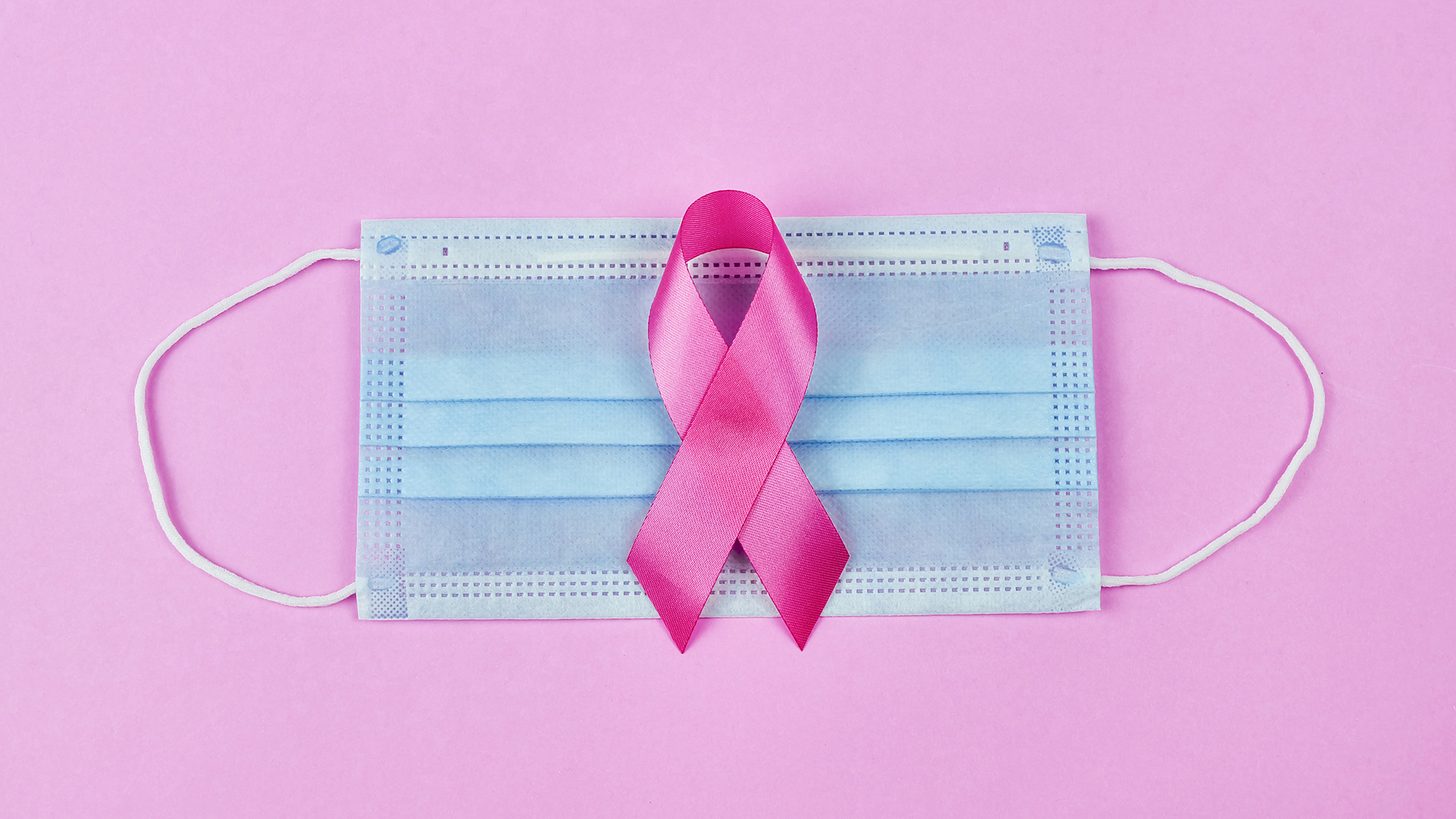Mammograms and COVID-19: What You Need to Know Now

By Elizabeth Sile, BCRF
In the early days of the COVID-19 pandemic when emergency rooms across the country were filling with patients, hospitals and doctor's offices were trying to track down PPE, and states were beginning lockdowns, many women found their routine mammograms postponed. During that time, experts largely agreed that an annual mammogram could safely be postponed a few months if a patient didn't have any symptoms.
As the pandemic has stretched on for months and medicine has adjusted to a new normal—one where waiting rooms are socially distant and masks are mandated—breast cancer screening recommendations have evolved, too. So, what should patients do now? Is it safe to get a mammogram?
Read on for five things to know about getting screened during the COVID-19 crisis. And no matter what: Talk to your doctor about your individual risk of breast cancer and the state of COVID-19 where you live before making any decisions.
Breast Cancer Doesn't Stop Because of a Pandemic
This year alone, an estimated 276,480 women and men will be diagnosed with breast cancer—and more than 42,000 people will die, almost entirely from metastatic disease. Unfortunately, breast and other cancers do not pause for pandemics. Some experts have even started sounding alarms that fewer cancer diagnoses now could result in more late-stage diagnoses and, as a result, a spate of unnecessary deaths over the next decade.
Why Mammograms Are Important
Mammograms are not perfect, but they are currently the best tool doctors have in their arsenal to detect breast cancer early—sometimes up to three years before a lump could be felt. Today, localized breast cancers (those that are confined to the breast) have an overall survival rate of 99 percent and regional disease (when the cancer spreads to the nearby lymph nodes) is 85 percent.
But, when breast cancer is diagnosed later—once it has spread to other parts of the body—the survival rate drops to 27 percent. Later-stage and metastatic diseases lack treatments and currently have no cure.
Who Should Get a Mammogram Now?
If your doctor's office or mammography center is taking patients—with appropriate COVID-19 precautions in place—experts say it is generally safe for everyone to get screened again.
Hospitals and outpatient facilities across the country are spacing out seats in waiting rooms, requiring all staff and patients wear masks, and doing more deep cleans. Ask what COVID-19 protocols are in place where you typically get your mammogram to ensure they include mask requirements and social distancing.
You can go a few steps further to protect yourself: Book one of the first appointments of the day to lower your time in the waiting room. On the day of your visit, wash your hands before and immediately after leaving the office and—most important—cover your nose and mouth with your mask the entire time you're inside (no taking breaks!).
Who Can Safely Delay a Mammogram?
Although there are COVID-19 hot spots across the country, experts say there is no reason to delay your mammogram—as long as the facility you are visiting is requiring masks and has implemented other safety precautions.
Mammograms were delayed early in the pandemic to allow facilities time to make changes for safety and to track down masks and protective equipment. By and large, across the country, these concerns are behind us.
If you are still worried, discuss your concerns and your individual risk of breast cancer with your doctor.
What to Do If Your Mammogram Was Delayed Because of COVID-19
If you haven't already heard from your doctor's office about rescheduling your mammogram, simply put: Call today.
Elizabeth Sile is the Assistant Director of Digital Communications at the Breast Cancer Research Foundation
For breast cancer resources, facts, stories, videos and more, visit our Stop Breast Cancer for Life page.